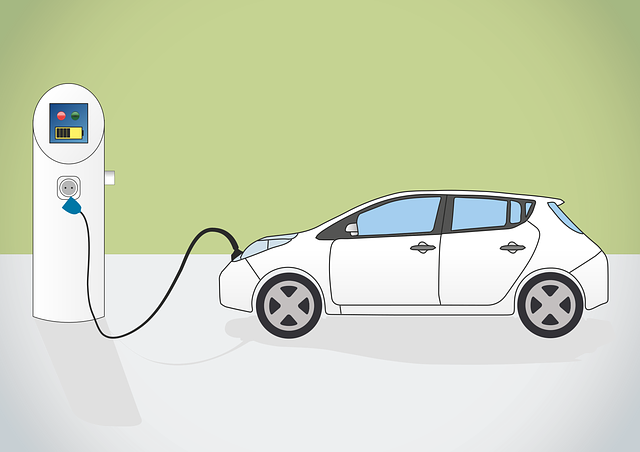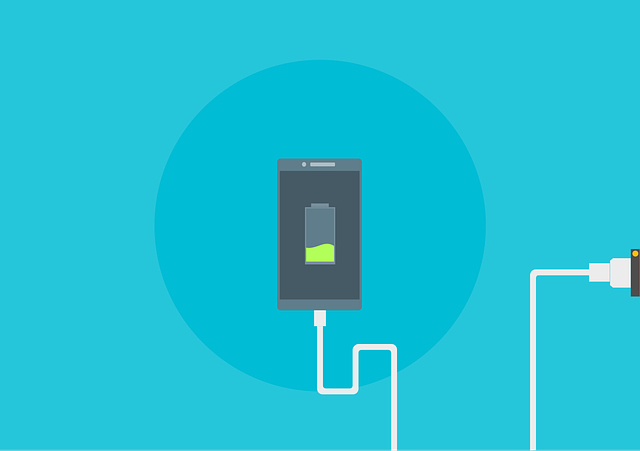Selecting EV charging stations is crucial for cost-effective electric vehicle ownership. Compare public options from slow AC to fast DC chargers ($0.50-$5+ per charge). Consider tailored fleet solutions, use online tools to find cheapest stations. Optimize with home chargers based on vehicle needs and budget. Prioritize high-efficiency, accessible, and affordable charging infrastructure globally.
“In the rapidly evolving electric vehicle (EV) landscape, understanding charging costs and their implications is crucial for both consumers and businesses. This article delves into the intricate world of EV charging expenses, offering a comprehensive guide on how to navigate these costs effectively. We explore the benefits of strategic station selection, providing insights to optimize spending while reaping the advantages of this sustainable technology. From cost-saving strategies to choosing the ideal charging stations, we equip readers with knowledge to make informed decisions in the EV charging realm.”
- Understanding EV Charging Costs: A Comprehensive Look
- Benefits of Choosing the Right Charging Stations
- Strategies to Optimize EV Charging Expenses
Understanding EV Charging Costs: A Comprehensive Look

Understanding EV Charging Costs: A Comprehensive Look
Charging an electric vehicle (EV) involves more than just plugging in and waiting. The cost of EV charging varies greatly depending on several factors, including the type of charging station used, its location, and the energy source it leverages. For instance, selecting EV charging stations can significantly impact your overall expenses. Public charging stations range from Level 1 (AC) chargers, which are the most common and typically cost around $0.50-$2 per hour, to faster DC fast charging options that can charge an EV in a fraction of the time but come at a higher price point, usually between $3 to $5 per charge.
Moreover, navigating the world of EV charging for fleet vehicles introduces additional considerations. Businesses with larger fleets may opt for installing on-site DC fast chargers, which offer significant cost savings over time through bulk energy purchasing and dedicated infrastructure. In contrast, individual EV owners might benefit from comparing public charging stations mapped out in various online platforms, allowing them to choose the most economical options based on their specific needs. The evolution of EV charging technology, including both AC and DC charging methods, is a game-changer, ensuring that drivers have accessible and affordable ways to keep their electric vehicles powered up.
Benefits of Choosing the Right Charging Stations

Choosing the right EV charging stations can significantly enhance your electric vehicle ownership experience. Beyond just ensuring compatibility with your vehicle, strategic selection focuses on efficiency and convenience. High-speed DC fast charging stations, for example, offer rapid recharging times ideal for long-distance travel, while AC charging options are more suitable for everyday top-ups at home or work. Integrating solar-powered EV charging stations can also contribute to sustainability and cost savings over time by leveraging renewable energy sources.
Properly selecting and installing a home EV charger is crucial, factoring in your vehicle’s needs, available space, and budget. Understanding the costs associated with home EV charger installation, including equipment and labor, allows you to make an informed decision that balances convenience, performance, and affordability.
Strategies to Optimize EV Charging Expenses

Optimizing EV charging expenses involves strategic decisions when selecting charging stations. Electric vehicle (EV) owners and fleet managers can significantly reduce costs by prioritizing high-efficiency, fast-charging options. Publicly accessible stations with competitive pricing models, such as those offering pay-per-kilowatt or time-based rates, are essential for frequent users. Moreover, partnering with charging network providers that offer discounted rates for off-peak hours or membership programs can further lower expenses.
To enhance EV charging accessibility for disabled drivers and promote overall inclusivity, countries worldwide are developing robust EV charging infrastructure. This includes installing stations with accessible locations and features catering to diverse needs, such as wheelchair access and specialized connectors. Keeping up with global ev charging standards by country ensures compatibility and safety, facilitating seamless travel for all EV owners.
In navigating the world of electric vehicle (EV) charging, understanding costs and leveraging strategic choices is key. By selecting the right EV charging stations and implementing optimization strategies, owners can maximize benefits while minimizing expenses. Remember that the right decision extends beyond savings; it contributes to a smoother driving experience and fosters a greener future. So, whether you’re considering ev charging costs or exploring benefits, armed with this knowledge, you’re well-placed to make informed choices that align with your needs and environmental goals.
